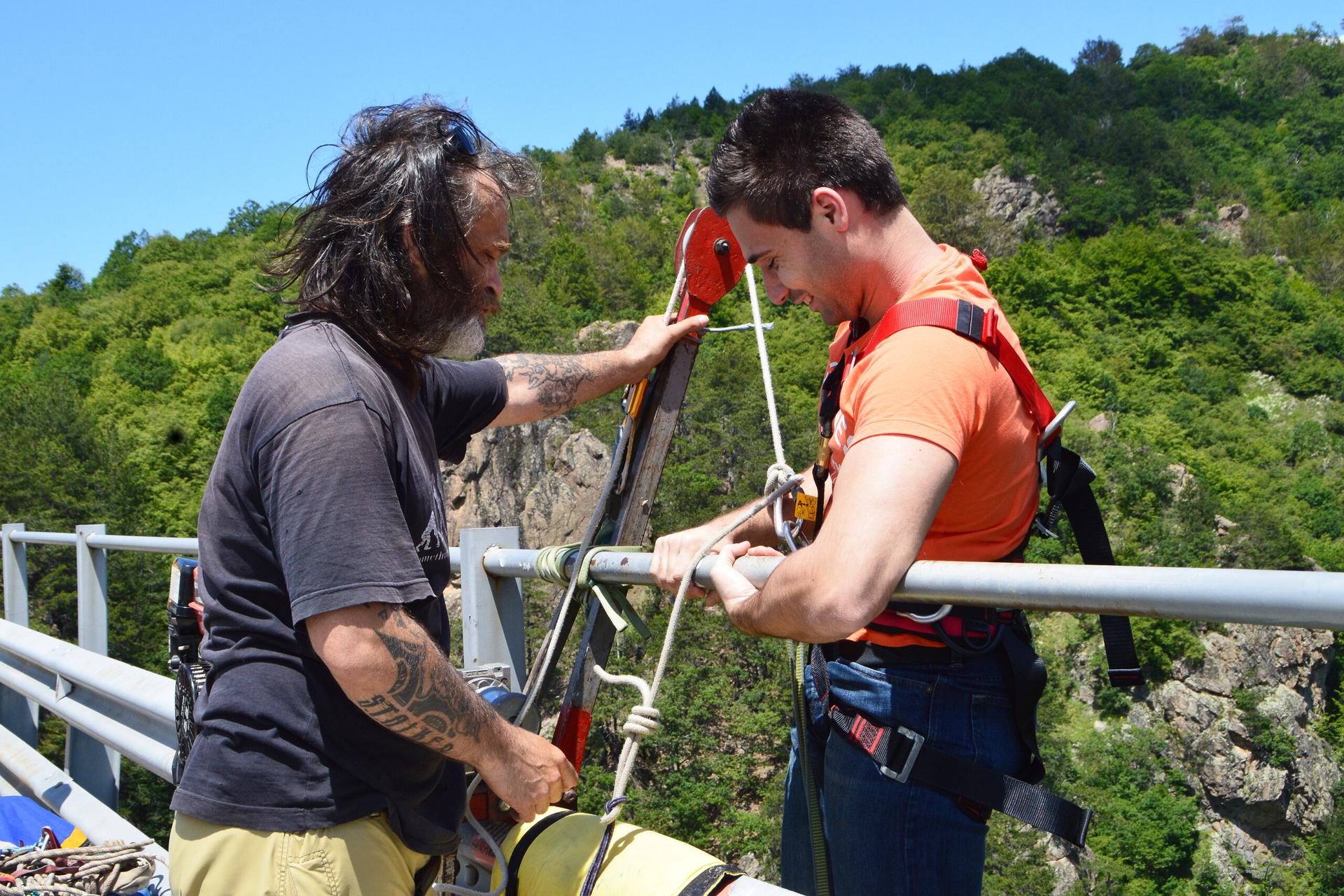From unsafe sex to binge drinking, illicit drug use and dangerous driving, risk-taking behaviour is part and parcel of many young men’s lives.
Not all risks have negative outcomes, of course — some can lead to personal growth and development — but many have worrying consequences, including injury, addiction and even death.
But before we dive in even further, we should define what we mean as ‘young’.
The definition of ‘young’ isn’t set in stone, however for this article, we will follow the Australian Institute of Health and Welfare’s definition as those aged 12–24. This is consistent with the age breakdowns for the National Youth Information Framework and complements the Children’s Headline Indicators.
This period of a person’s life represents adolescence — the time after the onset of puberty when a person develops from a child into an adult.
Adolescence is characterised by rapid changes in physical, cognitive and social development, beginning with puberty and ending in the acquisition of adult roles and responsibilities, according to the Australian Journal of General Practice.
Why adolescents often take more risks
Adolescence often results in young people being exposed to adult activities with limited parental supervision, like drinking alcohol, driving, or engaging in sexual activity.
It is “natural” for this age group to seek new experiences, as young people “explore their own limits and abilities, as well as the boundaries you set. Some young people really love the ‘rush’ of thrills, risks and adventure. And most teenagers want to express strong personal values and a sense of themselves as individuals.
– The Raising Children Network
“It’s all part of their path to accepting responsibility, forming identities and becoming independent young adults.”
There are various reasons why young people take risks; one study found that sensation-seeking and peer pressure were significant predictors of risk-taking behaviour in young adults, while another found poor emotional regulation was a key factor.
Young men: More likely to take risks?
It’s difficult to categorically state how much more likely young males in Australia are to take risks than other population groups.
However, the Australian Institute of Health and Welfare’s Australian Burden of Disease Study, 2022 — which measures the impact of diseases and injuries on a population — found males aged 15-24 were overrepresented in terms of mental health conditions, substance use disorders, and injuries (including car accidents).
Risk-taking behaviour is likely to play a role in those figures, although it’s unknown as to what extent.
Karen Donnelly, Vice President of the Australian Association of Psychologists Inc, says young men do generally take more risks than other population groups.
“Risk-taking is a common behaviour among teenagers and young people, and particularly among young men,”
– Karen Donnelly, Vice President of the Australian Association of Psychologists Inc
“Risk-taking is typically defined as behaviours where there is the potential for an immediate reward or thrill at the expense of future benefits.
Young men are more likely to engage in risky behaviours such as reckless driving, substance abuse, binge drinking, unprotected sex, extreme sports/activities, gambling, sexting and other risky uses of social media.”
However, it’s important to note not all young men (or males in general) engage in risky behaviours — each person’s risk-taking tendencies vary due to factors including personality traits, social support, and life experiences.
How can young men be encouraged to take less risks?
Parents, educators, healthcare providers and peers can all play a role in helping young males understand the risks associated with their behaviour.
Donnelly says by understanding the psychology of risk-taking in young men, we can help them make better decisions and lead healthier, happier lives.












